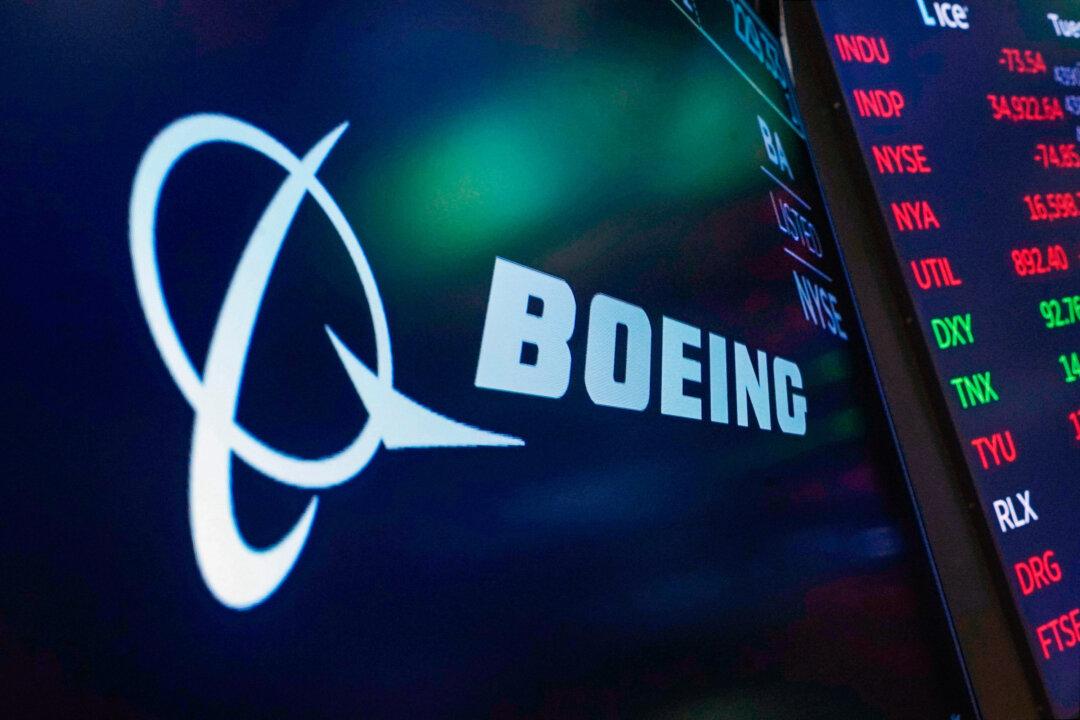Boeing saw a 500 percent increase in employee submissions regarding safety concerns in early 2024 compared to the year before, the company said in a May 24 report.
After the Jan. 5 Alaskan Airlines incident, when a recently manufactured 737 MAX 9 lost a door panel midflight, Boeing said it “redoubled its efforts to encourage employees to raise concerns about product and services safety, quality, and compliance.” This caused a six-fold or 500 percent increase in employee submissions over safety issues in the first two months of 2024 compared to the same months in 2023, according to Boeing’s third annual Chief Aerospace Safety Officer report.





